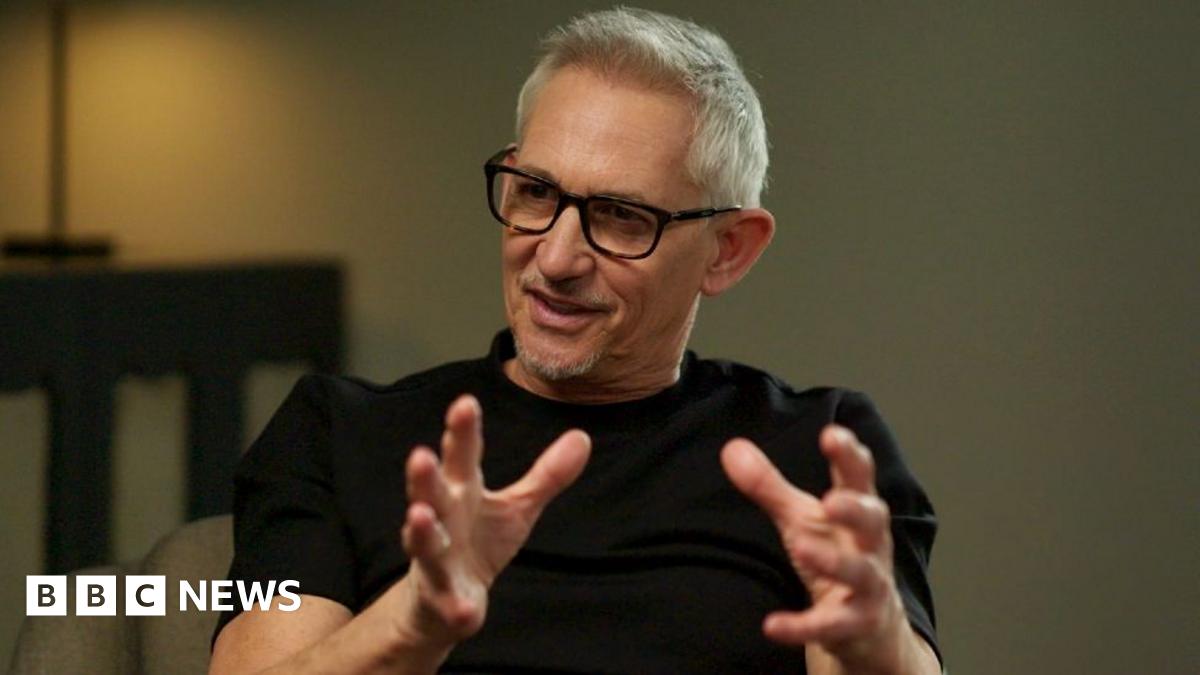Lineker Claims BBC Forced His MOTD Departure: A Controversial Exit Shakes Up British Broadcasting
Gary Lineker's abrupt departure from Match of the Day has sent shockwaves through the British broadcasting landscape, sparking a fierce debate about impartiality, freedom of speech, and the BBC's role in public life. The former England captain claims he was effectively forced out by the BBC, a claim that has ignited a firestorm of criticism and support. This article delves into the details of the controversy, exploring the timeline of events and examining the wider implications of Lineker's exit.
The Tweet That Sparked a Crisis
The controversy began with a tweet. Lineker, a prominent BBC presenter, used his social media platform to criticize the UK government's controversial new asylum policy, comparing it to the language used by Germany in the 1930s. This seemingly innocuous tweet ignited a firestorm, with accusations of bias flooding in from various political quarters.
The BBC, striving to maintain its image of impartiality, felt compelled to respond. This response, however, is where the story takes a controversial turn.
The BBC's Response and Lineker's Removal
The BBC's initial response was to announce that Lineker would be stepping back from presenting Match of the Day until a resolution could be found. While the BBC claimed this was a temporary measure, Lineker himself interpreted this as a forced removal, a claim he has since reiterated publicly.
This decision led to a significant backlash. Several prominent presenters, including Ian Wright and Alan Shearer, boycotted the show in solidarity with Lineker, leading to a significantly diminished broadcast. This unprecedented event highlighted the deep-seated loyalty and respect Lineker enjoys within the BBC's football broadcasting community.
The Fallout: Impartiality vs. Freedom of Speech
The controversy raises complex questions about the balance between impartiality and freedom of speech, particularly for public figures and broadcasters. Lineker's supporters argue that his tweet, while potentially controversial, was an exercise of his right to free speech and did not constitute a breach of impartiality. Critics, however, maintain that his position as a prominent BBC presenter requires a higher degree of neutrality, and his tweet transgressed this boundary.
This incident has also reignited the ongoing debate about the BBC's funding model and its independence from government influence. Many observers fear that the incident demonstrates a chilling effect on freedom of expression within the corporation.
What Happens Next? The Future of MOTD and the BBC
The future of Match of the Day remains uncertain. While the BBC has suggested a return to normalcy, the damage to its reputation and the impact on its viewers remains to be seen. The incident also throws into sharp relief the challenges facing the BBC in navigating the complexities of the modern media landscape, where social media and political discourse are increasingly intertwined.
The Lineker saga highlights the precarious balance between maintaining impartiality, upholding freedom of speech, and managing public perception within a publicly funded broadcasting organization. The outcome will have long-lasting consequences for the BBC, and for the wider debate surrounding media accountability and political commentary.
Key takeaways:
- Lineker's controversial tweet sparked a crisis at the BBC.
- The BBC's response led to Lineker's removal from Match of the Day.
- The incident highlights the tension between impartiality and freedom of speech.
- The fallout raises concerns about the BBC's independence and future direction.
- The controversy continues to generate widespread debate and discussion.
This situation is rapidly evolving. Stay tuned for further updates. What are your thoughts on the Gary Lineker situation? Share your opinions in the comments below.

